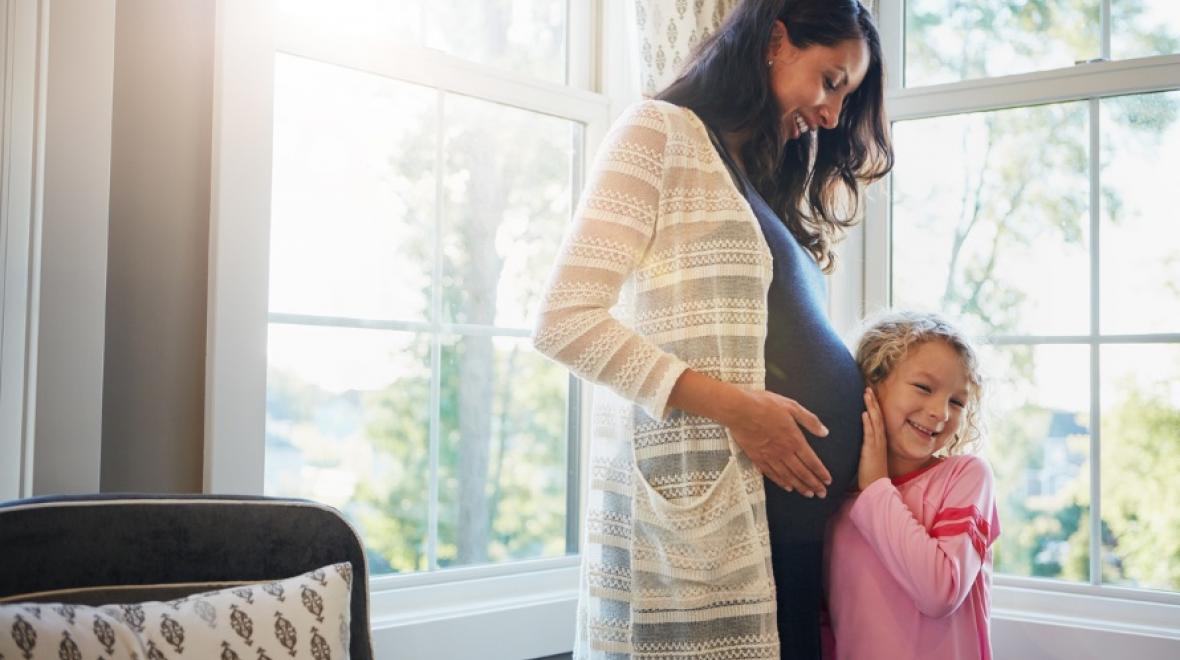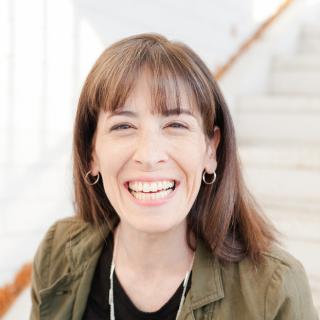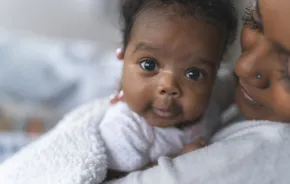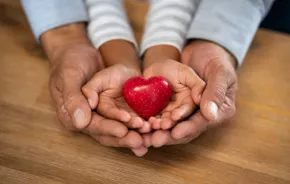
The first time someone referred to me as “geriatric,” I was 34 years old.
I was sitting across from a genetic counselor at my first “high-risk OB” appointment — the one my actually geriatric father had driven me to so that my husband could watch our two very young children — when a graduate school intern drew out the words as she wrote them down on a yellow legal pad: “Ger-i-at-ric mul-ti-para.”
I laughed nervously, but the comparatively younger woman didn’t get the joke.
What's in a name?
While the kinder, more gentle term of “advanced maternal age” is now the descriptor for women who give birth at 35 and up, building one’s family at this supposedly late stage in the game often feels comical.
I know my mother was done with giving birth at 29, and even she always told us how she feared being mistaken for our grandmother. But since the waiting room of this high-risk OB was jam-packed with other “older” moms such as myself, I knew I was more the norm than the exception.
In fact, in seven metropolitan areas including Washington D.C., New York City and Seattle, the majority of first-time moms are in their 30s and 40s. So really, I was fairly trendy and cutting edge.
But biology doesn’t take such demographics into account, and so for my last three pregnancies, doctors have labeled me geriatric. I had monthly ultrasounds, additional blood tests and genetic counseling to discuss all that could go wrong with being an older pregnant person.
I tried to fight the inclination toward panic and anxiety, but if I’m being honest, this was an impossible task. Pregnancy can always go wrong, and the added worries and realities of being past my pregnancy prime weighed heavy on me. I worked hard to distract myself with my other children and steer clear of Googling all that could go wrong.
The reality
If I compare having a newborn at 30 to having one at 40, there are definite differences in my ability to recover.
Pulling an all-nighter thanks to teething was not nearly as big a deal when I was 30 (it wasn't quite so smooth a decade later). As for the actual pregnancy, there were most certainly additional aches and pains that I never dealt with as a “younger” pregnant person. My hips were displeased, to say the least.
But along with the pains and the occasional insulting medical terminology comes a lot worth celebrating. I'm more confident in my old(er) age, more capable of advocating for myself and I possess the calm that seems to accompany aging.
Being pregnant at 34, 39 and yes, 41, might have required more heating pads and naps, but it also meant being at peace while navigating all of the unexpected challenges of bringing a baby into this world.
And in exchange for that peace, I am perfectly content to be called geriatric.











